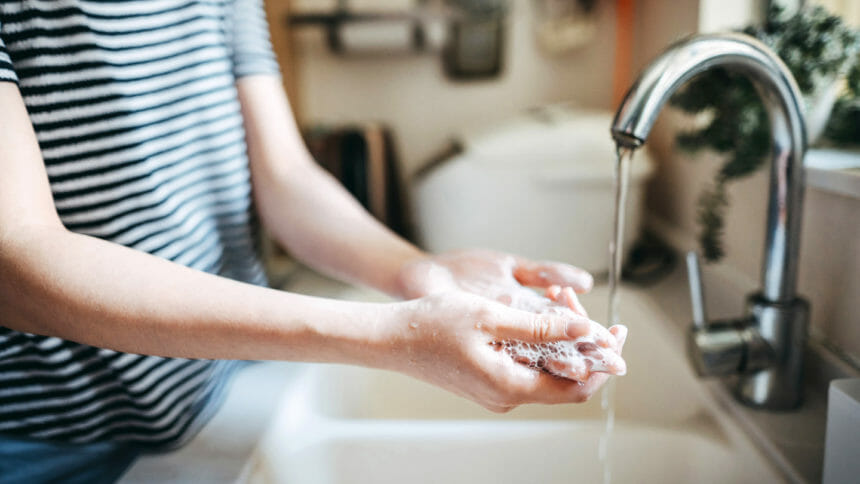
Drinking water treatments at home could threaten the health of immunocompromised patients opting for acute care at home, rather than in a hospital, according to Australian researchers.
In a new study, environmental health researchers at Flinders University in Adelaide, South Australia, warned that drinking water can be full of waterborne pathogens that put cancer patients and other immunocompromised people at risk for serious disease. Point-of-use devices, such as taps and showerheads could be havens for microorganisms. The researchers aid the elderly and newborns are especially vulnerable.
The researchers said regular changes of filters, hot water service maintenance checks for heat and pressure, and effective cleaning of shower heads and faucets can protect patients receiving care at home following surgery or treatment of serious illnesses.
“These measures can help reduce the risk of waterborne infections in home care, along with quality treatments of mains water to provide safe drinking water,” lead researcher Claire Hayward, from Flinders University’s College of Science and Engineering, said in a statement.
The researchers trained their eyes on the risk of in-home infections as healthcare moved increasingly into the home during the COVID-19 pandemic. More than 200 hospitals and healthcare systems in the United States are offering hospital-at-home, with growth in the model expected to continue beyond the end of the public health emergency, which is now slated to expire at the end of October.
So-called opportunistic premise plumbing pathogens (OPPP) infections are receiving increased public health attention in infection control guidelines. OPPPs can be resistant to disinfectants and sanitizers. For that reason, the researchers are calling for broad, universal surveillance guidelines to understand the role drinking water and water-related devices have on infections.



